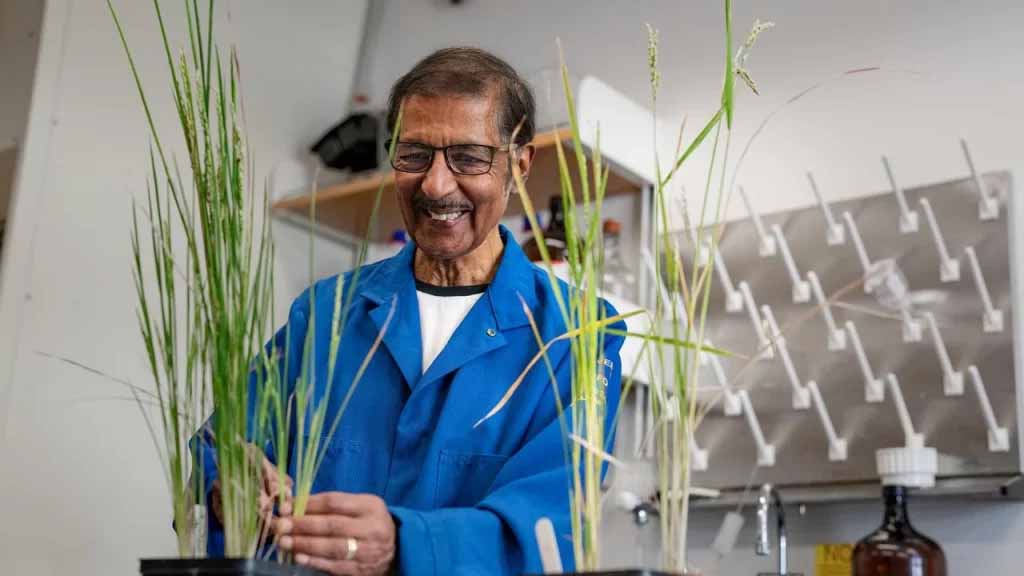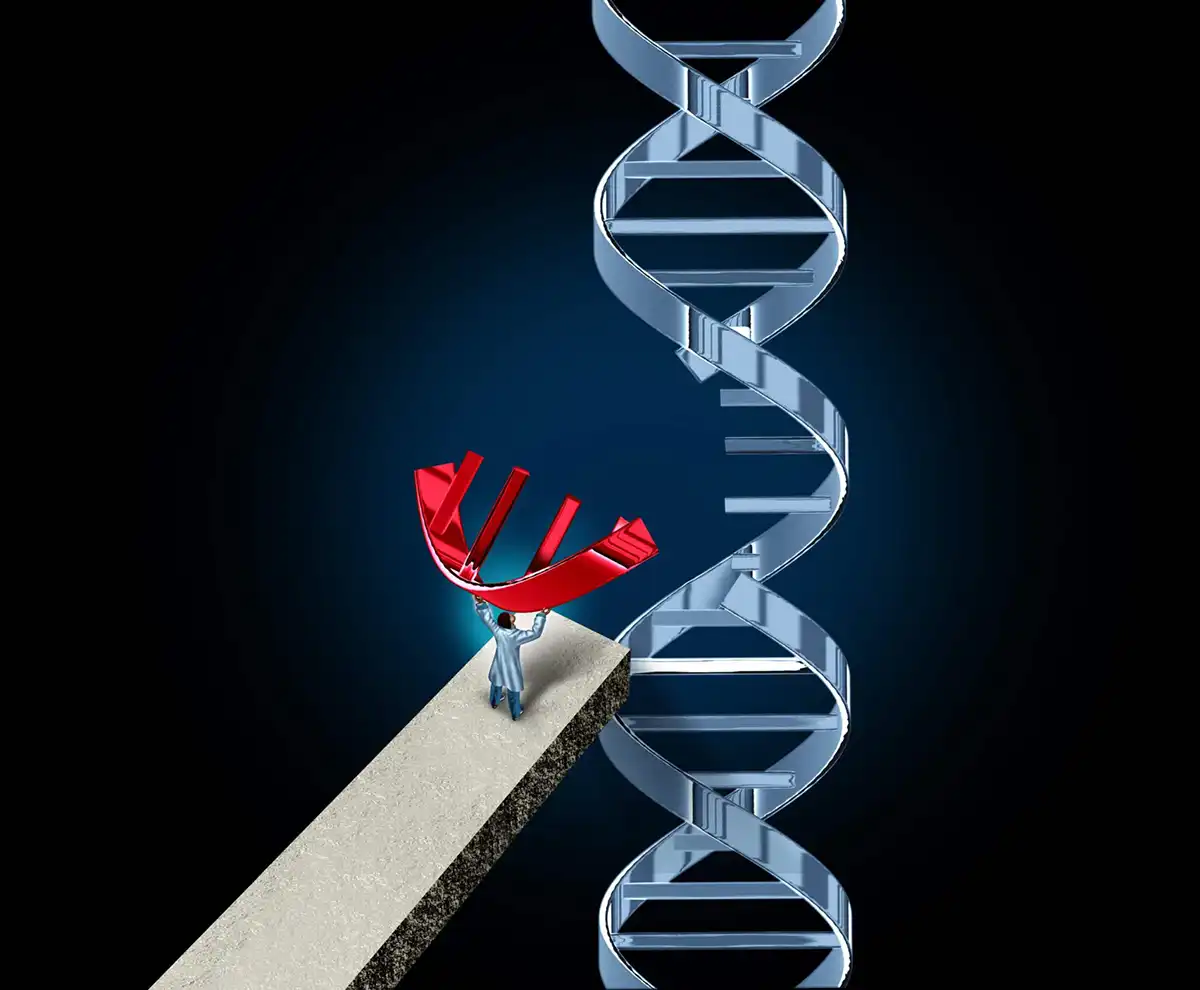From low-methane cows to resilient crops, UC Davis and the Innovative Genomics Institute are rewriting the DNA of global solutions.
UC Davis is now officially a campus partner of the Innovative Genomics Institute (IGI), joining UC Berkeley and UCSF in advancing gene-editing solutions for global challenges.
The new partnership, announced in a news release, brings together world-class scientists to pursue real-world applications of CRISPR genome editing in agriculture and climate change.
“As one of the leading institutions in the world studying the implications of climate change on agriculture and ways to provide for a growing world population in the face of climate-related threats, UC Davis is honored to join the Innovative Genomics Institute as a full partner,” UC Davis chancellor Gary May said in the release.
The IGI, founded by Nobel laureate Jennifer Doudna and now in its tenth year, originally focused on CRISPR applications in medicine. It quickly expanded to include agriculture and climate science — areas where UC Davis brings deep expertise.
This partnership builds on nearly a decade of collaboration between IGI and UC Davis. Over the past six years alone, their combined teams have included four recipients of the prestigious Wolf Prize in Agriculture: David Zilberman, Pam Ronald, Venkatesan Sundaresan, and Brian Staskawicz.
“One of the wonderful features of CRISPR is that it’s a technology that can be used on animals, plants, microbes — really any organism with DNA,”Doudna said. “I’m thrilled that we have now formally welcomed UC Davis as a full partner of the IGI, building on years of productive work together.”
Fighting Methane with Microbiome Editing
Among the most high-profile collaborations is a $70 million project to cut methane emissions from livestock. Led by UC Davis researchers Ermias Kebreab and Matthias Hess, and funded through the TED Audacious Project, the team is developing a CRISPR-based microbiome editing technique to prevent methane production in cow stomachs.
Meanwhile, an IGI team led by Jill Banfield at UC Berkeley is targeting another major methane source: rice paddies. The focus, again, is on the microbes—not the plants. By editing the soil microbiome, the goal is to enable low-methane rice production.
In parallel, Banfield is working with Pamela Ronald at UC Davis and Jennifer Pett-Ridge at Lawrence Livermore National Laboratory to enhance crop plants’ ability to capture and store carbon in the soil.
Together, these projects aim to build a suite of genomic tools to lower emissions and boost carbon sequestration — key steps toward realizing a net-zero farm.
Gene Editing for Global Food Security
IGI researchers are also working to make gene editing more accessible for smallholder farmers around the world. UC Davis plant scientist Venkatesan Sundaresan has collaborated with the IGI since 2017 to develop a CRISPR technique that allows hybrid crops like rice to be regrown from seed — without sacrificing yield.
At the same time, Brian Staskawicz and Dave Savage at UC Berkeley, along with Savithramma Dinesh-Kumar at UC Davis, are working to streamline breeding pipelines so that gene-edited crops can be developed more easily by public-sector scientists and breeders globally.
To build global capacity, UC Davis and IGI co-host an annual CRISPR training in Kenya through the African Plant Breeding Academy. The course equips agricultural scientists from across Africa with tools to apply gene editing to regional crop challenges.
“At the IGI, we specialize in assembling teams of world experts to take on large problems,” IGI executive director Brad Ringeisen said. “When it comes to tackling problems in agriculture and climate change, there is no better place in the world than UC Davis.”











